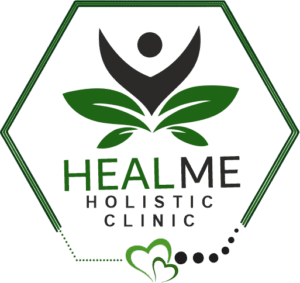Routine Diet Plan (For Everyone)
While creating a diet chart, it is important to make sure it is balanced, in order to ensure that you receive all the required nutrients. Include the following nutrients in your diet plan:

Carbohydrates
Carbohydrates or carbs are sugar molecules. Carbohydrates are one of the three main nutrients found in food & drinks.
Importance
One’s body breaks down carbs into glucose. Glucose or blood sugar is the main source of energy for one’s body’s Cells,Issues & Organs. it can be used immediately or stored in Liver & Muscles for later use.
Sources
- Juices, Fruit drink, Sports drink & Energy drink.
- Dairy products such as Milk & Yogurt.
- Lumegs including Dried beans, Lentils & Peas.
- Storcley vegetables, such as Potatos, Corms & Peas.
- Fruits such as Apples,Bananas, Berries, Mangoes,Melons & Oranges.
- Grains such as whole Wheat Bread, Brown rice,Oatmeal & Whole Warm meal.
Proteins
Protein is one of the 3 macro – nutrients, which are nutrients the body needs in larger amount. They are made up of long chains of 20 amino acids
Importance
It is present in energy body cell, adequate amount of protein is important for keeping the Muscles, Bones & Tissuis healthy.
Source
- Nuts
- Seeds
- Soya products
- Dairy products Milk , Cheese yogurt
- Legumes including Beans & Peas
FATS
It is a food group that has acquired a bad reputation but it is an important part of a healthy diet. It quids you energy Fat in foods helps you fuel full.
Importance
It fuels the body & help absorb some vitamins fat helps a kid’s body grow like it should. They are also known as the building blocks of Hormones & they insulate the body.
Sources
Experts suggest one – fifth or 20% of your diet should comprise of healthy fats- Polyunsaturated, Monounsaturated and Omega – 3 fatty acids.
Vitamin & Minerals
Vitamins and Minerals are considered essential nutrients—because they perform hundreds of roles in the body. They help shore up Hones, Heal wounds, and Bolster your immune system. They also convert food into energy and repair cellular damage. Minerals essential for health include Calcium, Phosphorus, Potassium, Sodium, Chloride, Magnesium, Iron, Zinc, Iodine, Chromium, Copper, Fluoride, Molybdenum, Manganese, and Selenium.
Importance
Minerals are those elements on the earth and in foods that our bodies need to develop and function normally. Those essential for health include Calcium, Phosphorus, Potassium, Sodium, Chloride, Magnesium, Iron, Zinc, Iodine, Chromium, Copper, Fluoride, Molybdenum, Manganese, and Selenium.
Water is the Most Important Nutrient.at
Whereas vitamins are organic substances (made by plants or animals), Minerals are inorganic elements that come from the Soil and Water and are absorbed by plants or eaten by animals. Your body needs larger amounts of some minerals, such as Calcium, To Grow and Stay Healthy.
Source
- Vitamin D.
- Magnesium.
- Calcium.
- Zinc.
- Iron.
- Folate
- Vitamin B-12.
Iron
- Lentil Soup
- Vegetable Soups
- Pomegranate
- Melons
- Cook the anemia patient’s food in iron pots.
Vitamin A
Carrots, Sweet Potatoes, Spinach, Kale.
Vitamin B12
Wheat Grass Powder, Punarnava Mandoor, Echinacea Capsules
Vitamin E
Nuts, Seeds, Vegetable Oils.
The known Vitamins include A, C, D, E, and K, and the B vitamins:
Thiamin (B1), Riboflavin (B2), Niacin (B3), Pantothenic Acid (B5), Pyridoxal (B6), Cobalamin (B12), Biotin, and Folate/Folic Acid.
